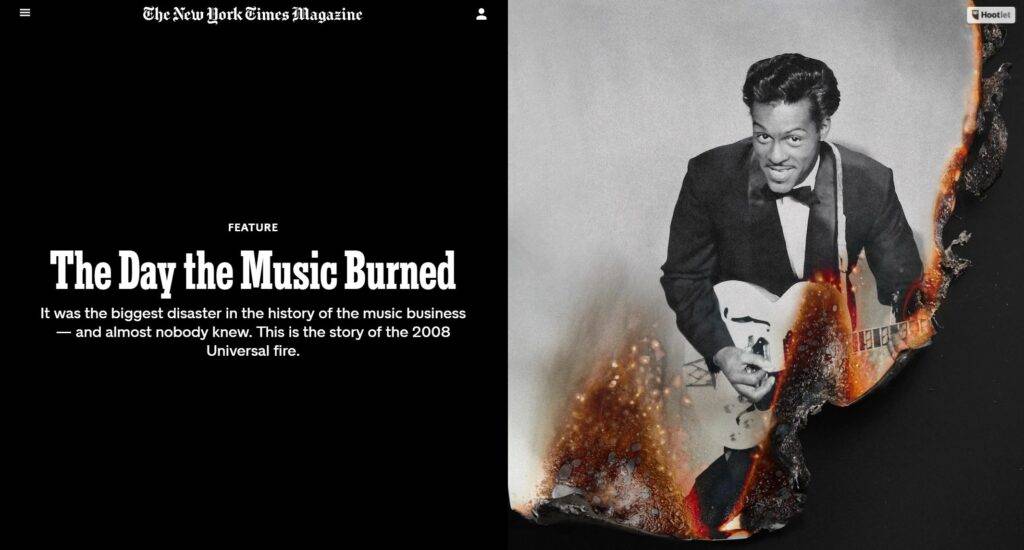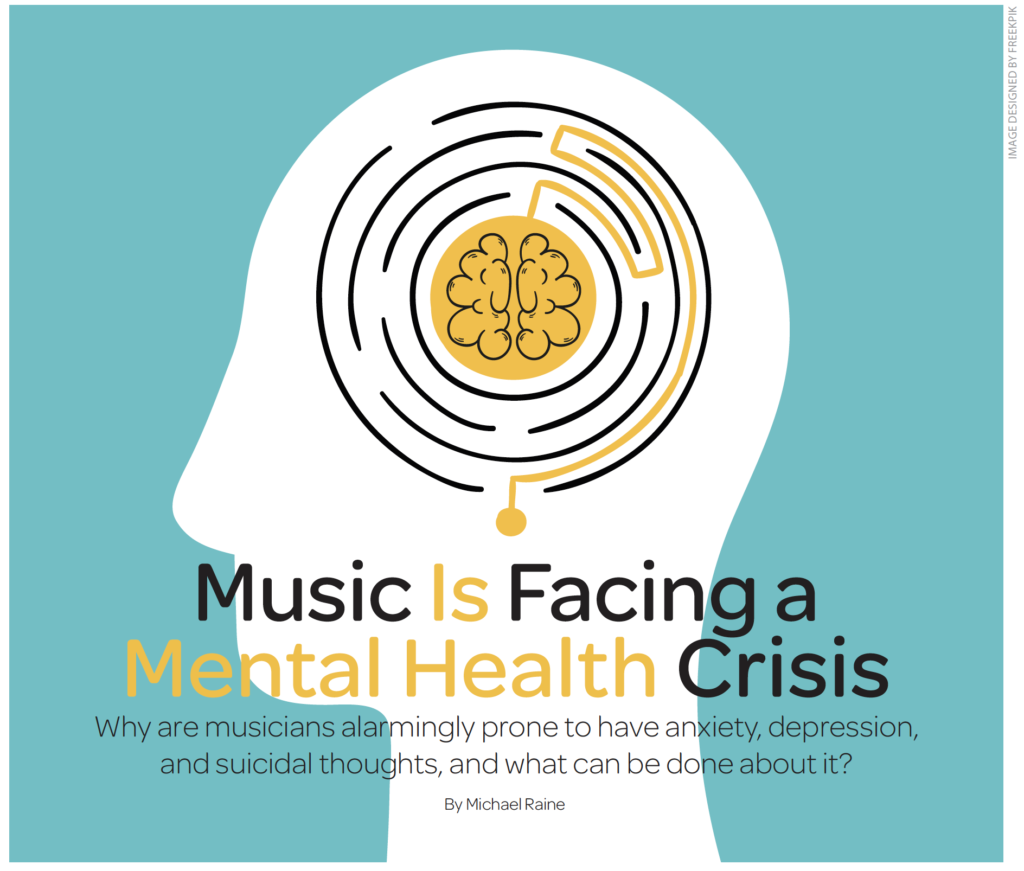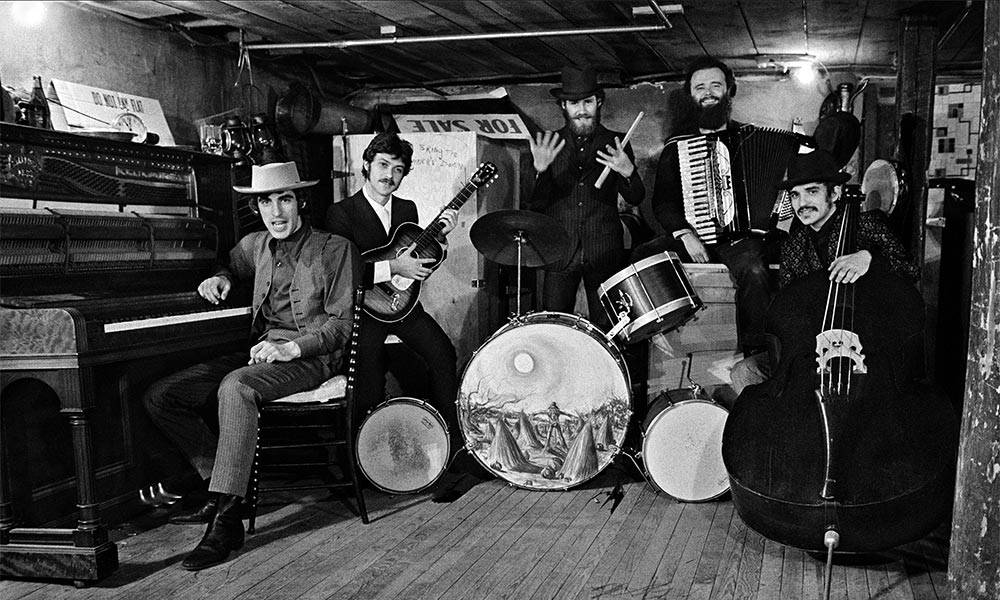
Spotify’s Strategy Shifts Pay Off with Record Profits
In a remarkable turn of events, Spotify, the music streaming behemoth, has announced unprecedented profits exceeding €1bn (£860m). This achievement comes on the heels of a year marked by stringent cost-cutting measures and a significant reduction in its workforce.
Despite falling short of its projected monthly active users, Spotify’s quarterly gross profit soared, underscoring the efficacy of its austerity measures. Last year’s decision to trim 17% of its workforce was part of a concerted effort to rein in costs and align the company with its strategic objectives. CEO Daniel Ek’s commitment to “rightsize our costs” has evidently paid dividends, propelling Spotify towards its ambitious goal of reaching a billion users by 2030.
While the company’s cost-saving initiatives have bolstered its bottom line, it has not come at the expense of its expansion efforts. Spotify remains steadfast in its mission to capture global audiences, with plans to ramp up marketing expenditures to reignite growth in key markets where it may have scaled back too aggressively.
A significant driver of Spotify’s profitability surge has been its burgeoning podcast business, which has evolved from a financial burden to a lucrative revenue stream. With gross margins climbing to 27.6%, fueled by strategic investments exceeding a billion euros, Spotify has transformed podcasting into a profitable venture. Notable acquisitions, such as securing exclusive rights to “The Joe Rogan Experience,” underscore the company’s commitment to dominating the podcasting landscape.
Despite missing its own forecast for quarterly users, Spotify continues to experience growth in its premium subscriber base, which surged by 14% in the first quarter. To diversify its offerings and cater to varying consumer preferences, Spotify has introduced different subscription plans, including a music-only tier for discerning listeners.
The company’s strategic maneuvers haven’t gone unnoticed by investors, with Spotify’s shares rallying 8% in premarket trading following the profit announcement. Since its inception in 2006, Spotify has invested heavily in expanding its business footprint and securing exclusive content partnerships. High-profile podcast collaborations with influential figures like Michelle and Barack Obama, as well as the Duke and Duchess of Sussex, underscore Spotify’s commitment to providing diverse and compelling content to its users.
The platform’s foray into exclusive podcast deals, including a reported $25m agreement with Harry and Meghan, demonstrates its willingness to invest in premium content to attract and retain subscribers. While the partnership with the royal couple concluded last June after delivering 12 episodes, it exemplifies Spotify’s strategy of securing exclusive content to differentiate itself in the competitive streaming landscape.
In conclusion, Spotify’s strategic realignment, coupled with its relentless pursuit of growth opportunities, has catapulted the company to record profits. As it continues to innovate and expand its offerings, Spotify remains poised to maintain its dominance in the ever-evolving music and podcasting industry.






Responses